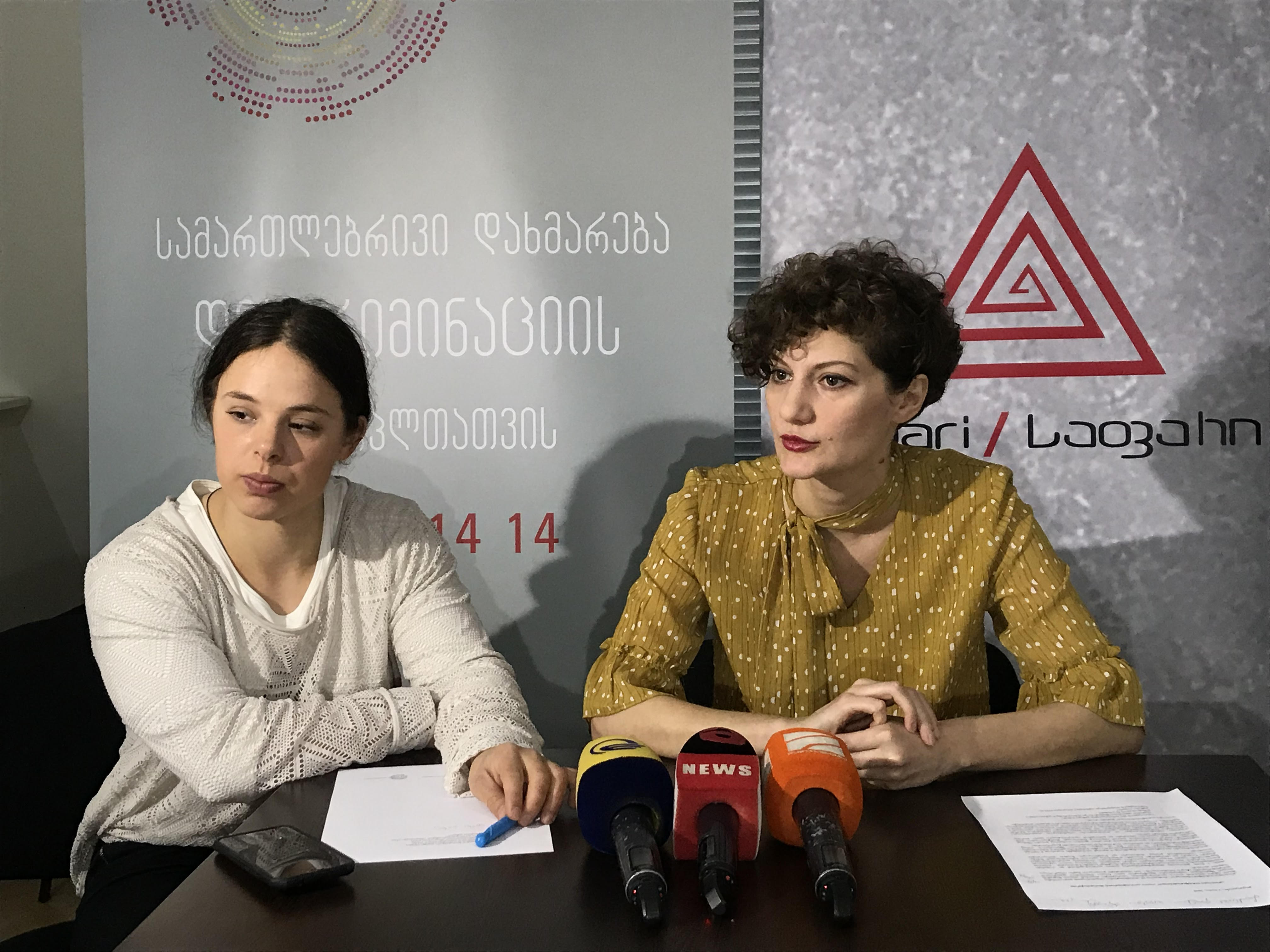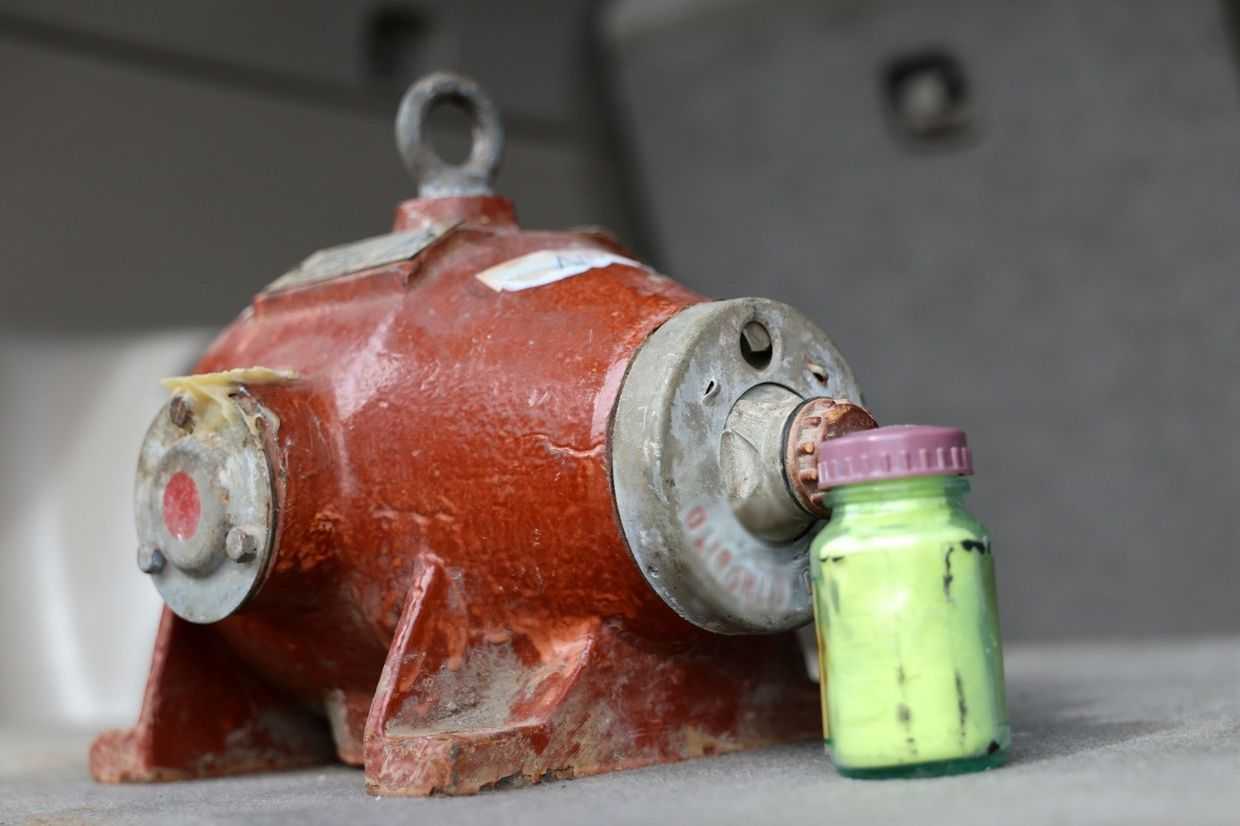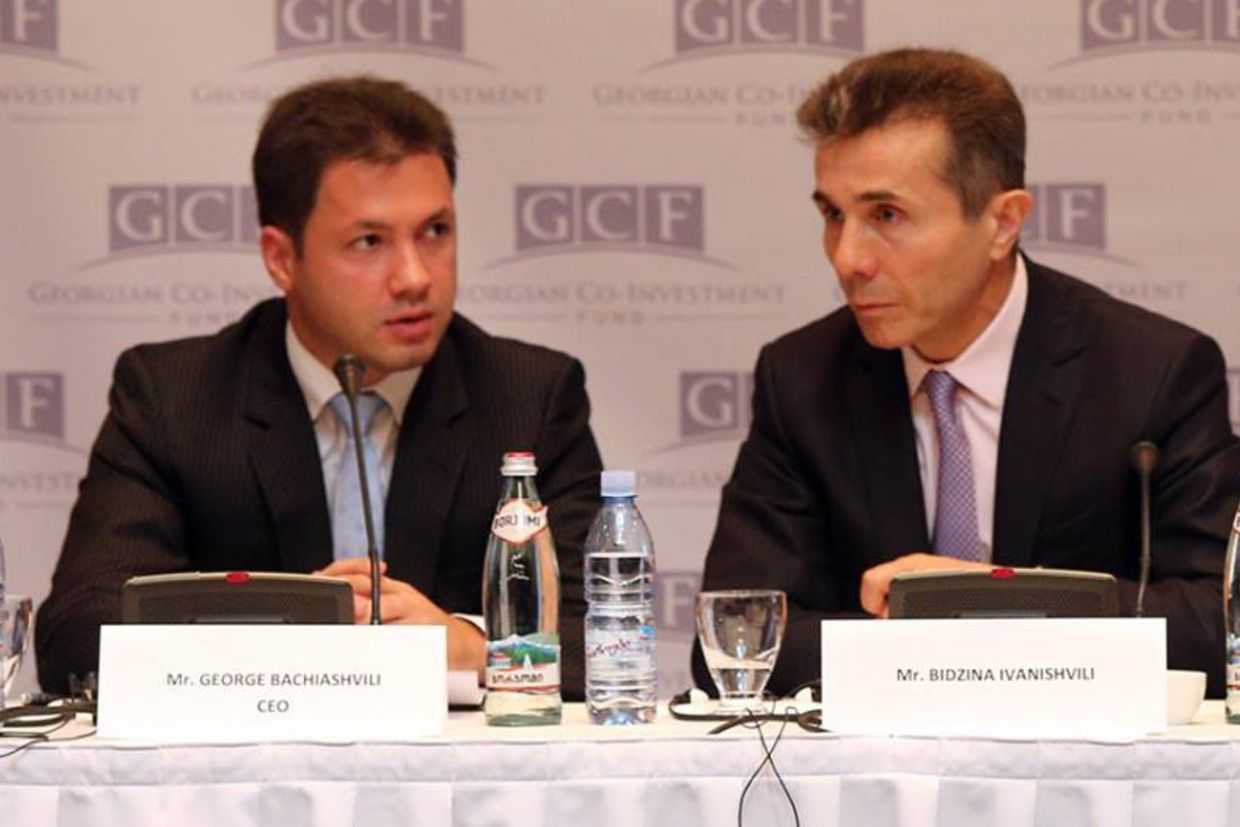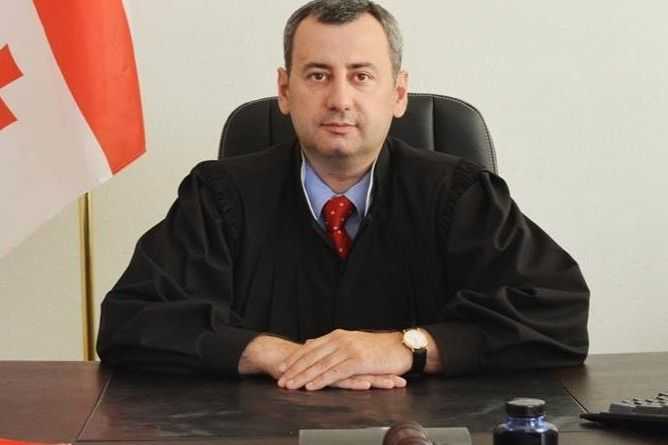

Georgian weightlifter Tatia Lortkipanidze has announced that she plans to sue the Georgian Weightlifting Federation and its head coach, Temur Janjgava, for sexual harassment and discrimination.
In a press conference on Thursday, Lortkipanidze accused her coach of frequent sexual harassment. She said she had paid a price for speaking up about the harassment publicly, including being blocked from participating in the European championships.
The 2019 European Weightlifting Championship kicked off on 6 April in Batumi, a city on Georgia’s Black Sea coast.
While hailing the country’s successful athletes at the opening ceremony on 6 April, Georgian President Salome Zurabishvili also lamented Lortkipanidze’s absence.
‘As a female president, I cannot but resent the fact that Tatia Lortkipanidze, one of our distinguished female champions, could not participate this year due to reasons not clear so far. I hope this is not connected with discrimination against a woman’, Zurabishvili said.
[Read on OC Media: Women’s groups slam Zurabishvili for appointing man who ‘normalised sexual harassment]
Speaking to journalists on Thursday, Lortkipanidze said she was suing on the grounds that the federation had ‘inflicted psychological and material harm’ on her.
Lortkipanidze is being represented by women’s advocacy group Sapari.
Baia Pataraia, Chair of Sapari, told OC Media that Lortkipanidze, who won a bronze medal in the 2018 European Weightlifting Championship, ‘was better prepared this year’ and that she was planning to sue for ₾110,000 ($41,000), from the Federation’s prize fund.
‘Do you need a man?’
At Thursday’s press conference, Lortkipanidze said the tournament was ‘an important opportunity’ for her career.
Missing the tournament in Batumi means Lortkipanidze will not be able to participate in the 2020 Summer Olympics in Tokyo.
‘As for harassment, we were at a sports camp in Rustavi when Janjghava came into a room and asked if I was pregnant […] then he offered to rub a cream into my groin area, which was very offensive to me’, Lortkipanidze said.
She also said that during a later conversation, Janjghava asked her if she ‘needed a man’.
Lortkipanidze told journalists she reported these incidents soon after to her personal coach, Gela Makharashvili, a friend, family members, and to Kakhi Kakhiashvili, the president of the Georgian Weightlifting Federation. She accused Kakhiashvili of not taking her accusations seriously, responding: ‘so what?’.
At a prior press conference on 9 April, Lortkipanidze accused federation officials Giorgi Asanidze and Kakhi Kakhiashivli of failing to react to her reports of harassment.
Describing another incident, she said that Janjghava ‘asked me disturbing questions, and once I had to ask him to leave the room’.
Lortkipanidze’s father, Dimitri Lortkipanidze, a former ally of ex-speaker of parliament Nino Burjanadze and a prominent conservative politician, led the initial charge against the federation in the media.
On 6 April, he wrote on Facebook that his daughter was the victim of a ‘personal vendetta’ by the head coach of the women’s team, Temur Janjghava.
Speaking to TV channel Imedi on 6 April, Janjghava cited disciplinary violations as the reason for Lortkipanidze’s exclusion from the national team.
‘She was summoned to the team but did not show up’, Janjghava said.
Following Thursday’s press conference, Kakhiashvili told TV channel Rustavi 2 that he had investigated Lortkipanidze’s claims but did not find any misconduct.
High profile accusations
On 3 May, the Georgian Parliament adopted a bill on sexual harassment which introduced amendments to several laws, including the labour code.
The law, which had long been demanded by women’s rights advocates, applies fines of ₾300 ($110) for sexual harassment, and a ₾500 ($190) fine or 30-days of corrective labour if the offence is repeated within a month.
[Read on OC Media: Georgia outlaws sexual harassment]
In 2018, accusations of sexual harassment against two high profile men made headlines in Georgia after a number of women publicly came forward.
In March of that year, at least 10 women accused Zviad Devdariani, the former head of local NGO CiDA, of sexual harassment or sexual assault. The women came forward after Devdariani was nominated for a spot on the Public Broadcaster’s board of trustees.
Devdariani denied the allegations against him, claiming to be the victim of a plot to discredit his professional reputation.
Devdariani initiated legal action against 11 people in June for ‘violating his honour and dignity’, including media personalities, politicians, and women’s rights activists.
On 2 November, the Public Defender’s Office said they had found that Devdariani sexually harassed three women; inquiries into claims by two others were terminated due to a lack of evidence.
[Read more about Devdariani’s case on OC Media: Georgian Public Defender: Devdariani sexually harassed three women]
Also in March 2018, the chair of Georgia’s Public Registry, Papuna Ugrekhelidze, resigned after two former employees accused him of sexual harassment.
A report by the Coalition for Equality, a bloc of local rights groups, documented a number of accusations levelled against Ugrekhelidze.
‘The head of the Public Registry would call the accusers offensive nicknames. The head of the Public Registry would tell others that the accusers were his “squirrels”, that he had sex with them, and that he could fire them anytime as he had hired them’, the report said.
In June 2018, Ugrekhelidze sued both women for insulting his professional reputation.
[Read more about Ugrekhelidze’s case on OC Media: Two women suing former Georgian Public Registry head for sexual harassment]









